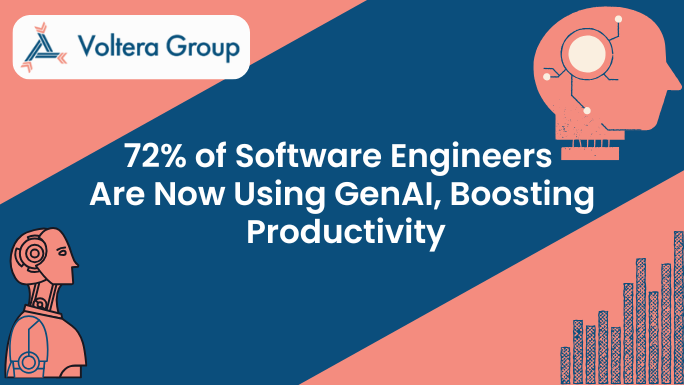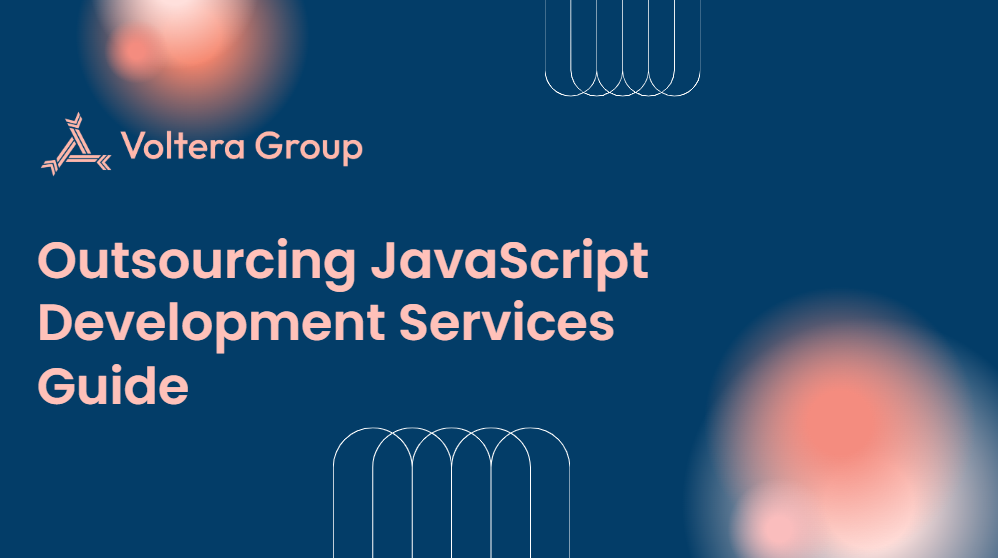A recent survey of over 500 software engineers reveals a significant trend: GenAI is revolutionizing productivity in software development. While GenAI may not excel at creating complete systems, engineers are leveraging its capabilities to quickly build “scaffolding” for their projects, significantly altering how they approach their work.
GenAI: A Key Component in the Software Development Process
At Voltera Group, we understand the transformative role that GenAI plays in enhancing the software development process. According to the survey, 72% of engineers are incorporating GenAI into their workflows, with 48% using it daily. This widespread adoption reflects our commitment to staying at the forefront of technology, as we actively implement GenAI solutions to streamline our development processes.
Furthermore, 81% of engineers reported utilizing GenAI to automate code that was previously written manually, demonstrating its effectiveness in speeding up routine tasks. However, it’s essential to note that 40% of engineers remain skeptical about whether GenAI has truly freed up their time for other essential tasks. At Voltera Group, we acknowledge this concern and continuously strive to optimize our use of AI tools to ensure they complement our teams effectively.

A Shift in Productivity Dynamics
The rapid integration of GenAI into software engineering practices is impressive. Just two years ago, many developers were not leveraging AI at all, and now the vast majority are. Notably, 87% of those utilizing GenAI do so either daily or several times a week.
When it comes to code generation, engineers primarily use GenAI for creating new code snippets. While AI may not be adept at assembling full systems or integrating existing code, it excels at generating “scaffolding” to help engineers kickstart their projects. This mirrors our approach at Voltera Group, where we utilize AI to provide foundational elements that our skilled developers can refine and enhance.

Productivity Gains from GenAI
The productivity benefits of GenAI are substantial. Among those surveyed, 23% reported productivity increases of 50% or more, while 71% experienced gains between 10%-25%. Only 6% noted no change in productivity.
At Voltera Group, we have seen similar outcomes. Our teams, including Site Reliability Engineers, DevOps, GIS Developers, and Project Managers, report productivity boosts ranging from 40%-50% due to their effective use of GenAI tools. This allows us to deliver high-quality software solutions more rapidly, enhancing our value proposition to clients.
Improving Code Quality with AI Assistance
In addition to productivity, 74% of engineers believe GenAI has improved the quality of their work. As with tools like Grammarly that enhance writing, AI assists engineers in producing higher-quality code. More than half of those surveyed (53%) noted an improvement in code quality between 10%-25%.
At Voltera Group, we leverage AI tools to refine our codebase, ensuring that our solutions meet the highest standards. However, engineers must remain vigilant, as 63% report encountering errors in AI-generated code. This experience underscores the importance of human oversight, as engineers adopt an editorial approach to AI-generated outputs.
What Is AI Not Good At in Software Development?
Despite its capabilities, some engineers (20%) feel GenAI is not good at code generation. However, many still appreciate its speed and efficiency. As GenAI takes over repetitive tasks, engineers are transitioning from “laborers” to “managers,” allowing them to apply their creativity, critical thinking, and communication skills to more complex challenges.
At Voltera Group, we recognize that the future of software engineering will demand a new set of skills. As we continue to embrace GenAI, our teams will prioritize creativity and collaboration to tackle increasingly intricate problems. The role of the software engineer is evolving, and we are committed to equipping our talent with the tools and knowledge they need to thrive in this new landscape.





